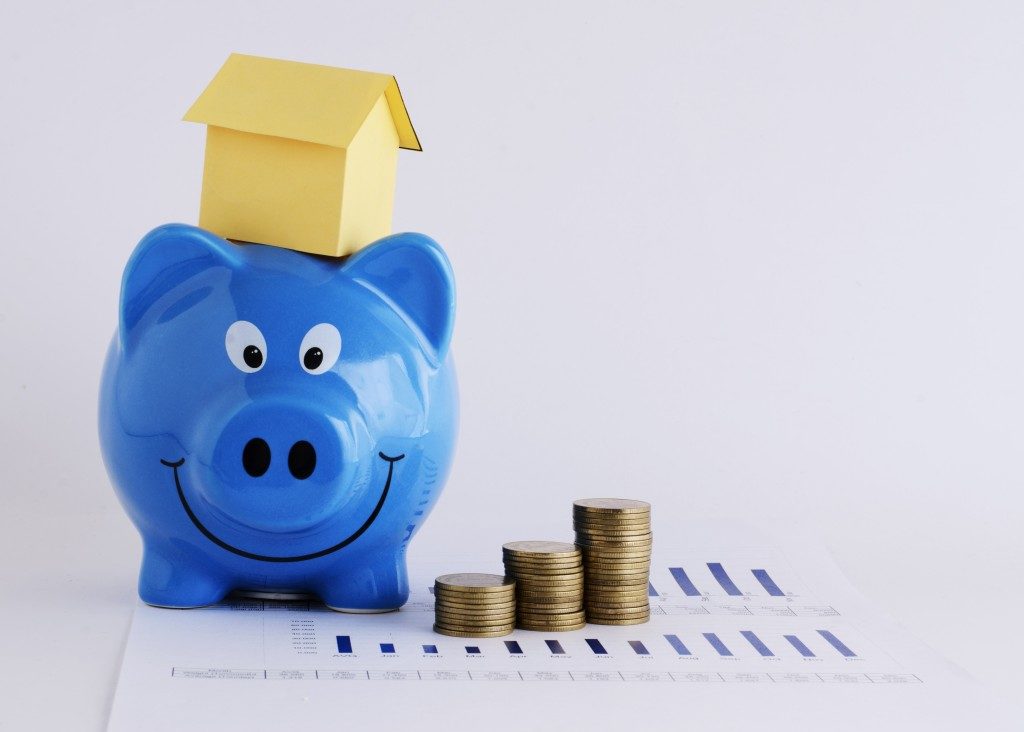Americans thrive on credit, so much so that they bite off more than they can chew. According to a Pew Trusts report called “How Income Volatility Interacts With American Families’ Financial Security,” only 46% of Americans earn more than they spend. This leaves the remaining 54% struggling to keep up with their payments. It may be a problem that will continue to plague the U.S., according to credit information provider Experian.
It cited federal data in its 2017 State of Credit report which showed that credit card debt hit an all-time high in 2017, reaching $1.02 trillion in June. If you’re struggling and even missing your payments, you’re likely bracing for a bad credit score that may negatively affect your ability to secure much-needed utilities, get an affordable mortgage or rental rate, and apply for an auto loan.
And if you do manage to qualify for these loans, you may face high interest rates, as lenders may assume that you won’t pay your bills on time. Whether you’re trying to recoup your score or just starting to build it up, giving it a boost will provide you with plenty of breathing room for your spending. Try these tips to raise your credit score.
It Pays to be Early
The first step in boosting your credit score is making sure you are consistently early or on time with your payments. This way, you’ll avoid late fees and additional interest. Be more diligent when you’re paying through a third-party company, an app, or by mail, as it may take longer for your payment to reach the lender due to process and logistical issues.
It also helps your credit utilization, financial information provider ValuePenguin says, in an article about when to pay your credit card bill. Credit utilization, according to Experian, is the amount of credit you’re using divided by the amount of credit you have available. The firm suggests keeping it below 30%. The higher your utilization is, the more damage it does to your credit score. As such, keeping it to a bare minimum is essential. Paying your credit card bills early makes sure you sweep your bill back to zero, and you do it consistently.
Borrow Responsibly
The best way to justify a credit score increase is a person’s borrowing history. If you’re not using your card or opting for loans, it will stay stagnant. It’s important to have a healthy mix of loans like mortgages, title loans, and credit card debt to lift your stats. According to the Fair Isaac Corporation (FICO), this combination makes up 10% of your credit score. Start with one loan and add in others if you feel confident that your income can handle it.
Monitor Everything

If you feel like your score isn’t going up despite applying good credit practices for months, you may want to ask for a credit report from reporting companies like TradeUnion, Equifax, and Experian. Review the sheet to find if you have any delinquent payments. Look for the days when you have trouble with your bills. If you’re having a hard time paying because your bills all fall in the same day or week, ask your lender if you can move your due date to a day that you’re comfortable with.
A high credit score opens up many doors when it comes to increasing your spending power. While monitoring your credit reports and paying your bills early are all hard to do, the returns you get will be worth the effort. You won’t have any regrets when you’re finally moving into that new apartment in Utah or driving your new car.

